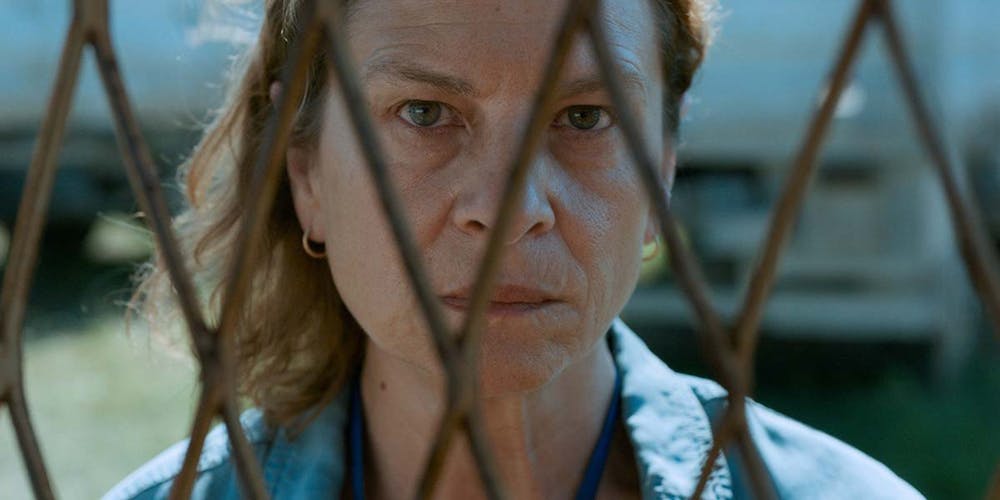Movies about war are rarely ever movies about war.
Instead of dwelling on the horrors of conflict, they generally focus on the uplifting aspects of time spent on the battlefield — resilience in the face of evil, camaraderie, redemption.
“Quo Vadis, Aida?” is a rare, yet refreshing, exception to the rule.
It brushes away the tired stereotype that war movies need a silver lining or a happy ending to resonate emotionally with viewers. All it needs is the truth.
The movie tells the oft-forgotten story of the Srebrenica massacre of 1995, in which Bosnian Serb forces killed over 7,000 Bosniak boys and men.
It centers on Aida Selmanagic (Jasna Djuricic), a translator working at a United Nations base just outside Srebrenica. The city was declared a UN "safe area,” but the Bosnian Serb army ignored the order and began entering the city, facing little resistance from Western coalition forces.
The local Bosniak population fled the city, with many of them attempting to seek shelter at the UN base where Aida works. However, after the base reaches its full capacity, thousands of civilians are left camping outside of its gates, at the mercy of the encroaching Serb forces.
Stuck outside of the base’s walls are Aida’s husband and her two children. She promptly tries to convince the official in charge of the base, Colonel Karremans (Johan Heldenbergh), to allow them entry, but he and his second in command, Major Franken (Raymond Thiry), repeatedly deny them because they do not want to give the impression of favorable treatment.
In the meantime, the infamous Ratko Mladic (Boris Isakovic), commander of the Bosnian Serb forces, continues on the offensive. After another round of fruitless negotiations with the UN, he leads his men to the gates of the UN base, where they begin rounding up men and boys suspected of taking up arms against his forces.



